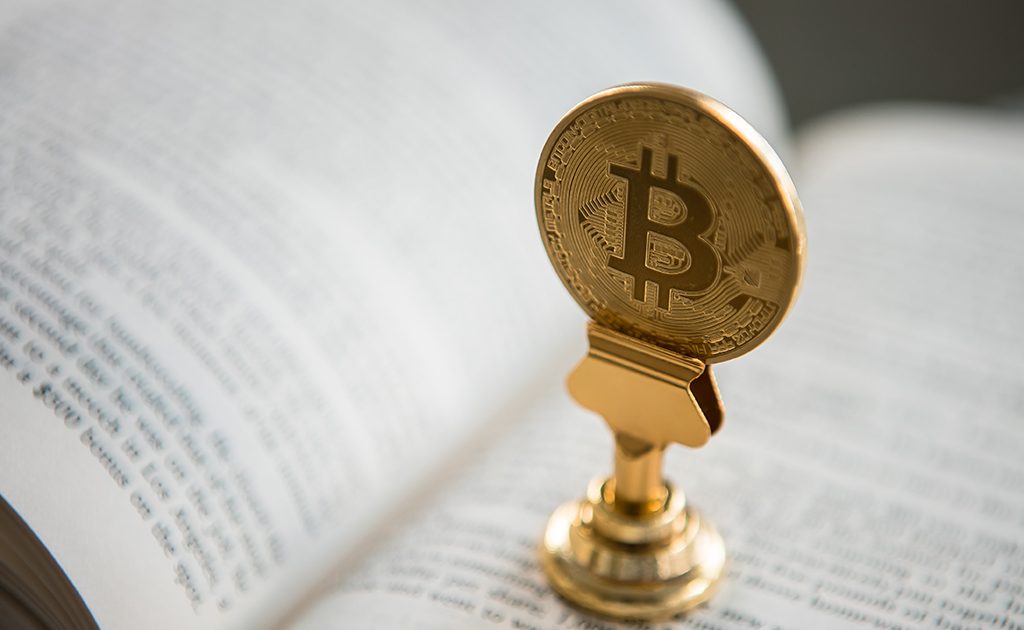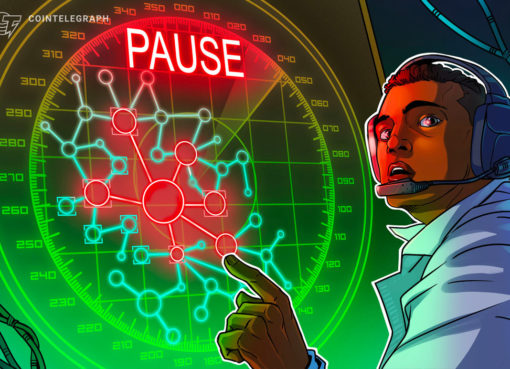The French Ministry of National Education has decided to educate students of high schools in the sphere of cryptos.
High school students in France will have an opportunity to gain basic knowledge of workings of blockchain and virtual currencies in the framework of their everyday studies.
The French education ministry, Le Ministère de l’Éducation Nationale, is said to include Bitcoin and cryptocurrencies in the high school syllabus. Such a move is expected to help students understand the benefits of decentralized currency and its influence on mainstream financial systems.
Bitcoin will be added to Economics and Social Sciences syllabus. The course is aimed at shaping a clear understanding of how traditional money functions and its various forms; how banks help in money creation and the role of central banks in controlling money supply and interest rate policy.
After finishing the course, students should be able to explain the difference between Euro and Bitcoin as well as to identify the functions of currency and apply them to cryptocurrencies.
Moreover, the course will include some explanations of the merits and demerits of different types of currencies.
Teachers are provided four explanatory videos to teach students including “Do you trust in your currency?”, “Can Bitcoin replace the Euro?”, ” Is Bitcoin a currency like others?” and “Is Bitcoin the currency of the future?”.
Students are not expected to be crypto experts. But they are expected to gain at least some basic knowledge as the adoption of cryptocurrency is said to reach new levels in the future.
42 percent of top universities feature blockchain and cryptocurrency courses according to the recent reports. Besides France, schools in Australia and the USA have introduced the blockchain course to high school students. France is first to officially include cryptocurrencies in its national education system to prepare its next generation of the workforce.
European Union has a neutral view on digital currencies. Moreover, there is no special regulation and legislation on crypto in its member countries. In Germany, the capital tax is not imposed on BTC transactions, if the crypto is being held for more than a year. In the UK, it is considered as foreign currency. In Finland, crypto exchanges and wallets should be registered with the Financial Supervisory Authority.
In France, startup Keplerk accepts BTC payments in over 5,200 tobacco shops. However, it is expected that BTC will reach a wider adoption in the future. 30 retailers including Decathlon and Sephora are expected to start accepting Bitcoin payments by early 2020 at over 250,000 points of sale.




